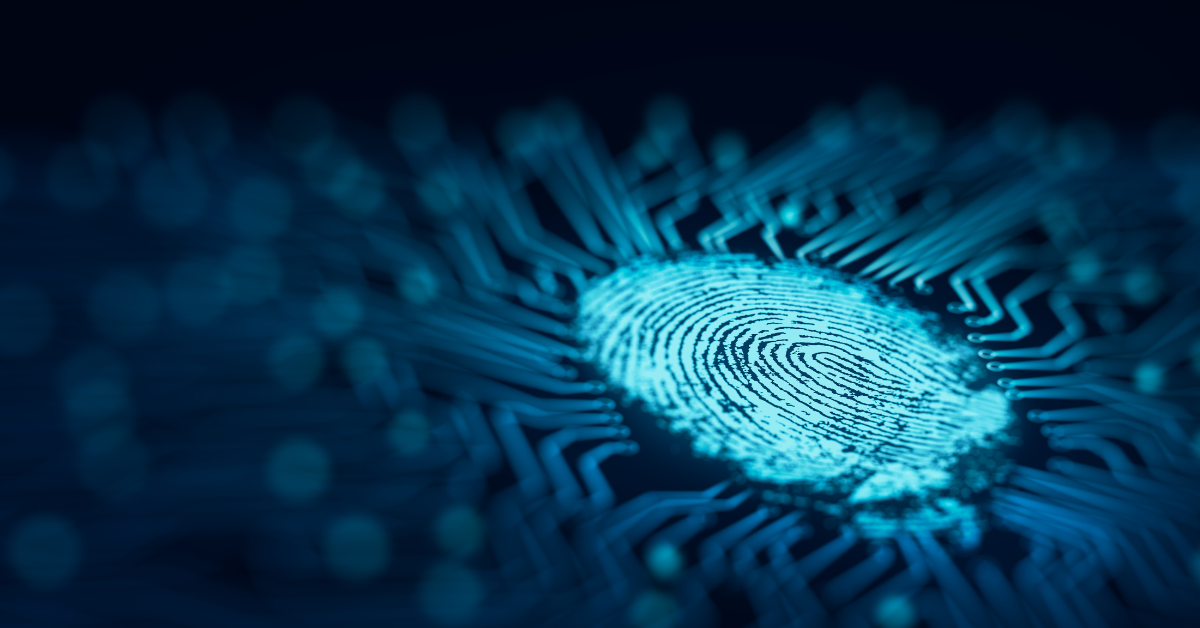What is MAC Address Filtering?
What is MAC address filtering?
MAC address filtering is a technique used in computer networking for allowing or denying network access to specific devices based on their unique MAC addresses. Each device that can connect to a network, such as a computer or smartphone, has a unique MAC address, much like a fingerprint. This address is a 48-bit identifier assigned to the network interface card (NIC) of the device by its manufacturer.
How does MAC address filtering work?
With MAC address filtering, the network administrator sets up a list of devices (by their MAC addresses) that are allowed to connect to a specific network. If a device's MAC address is on the list, it will be allowed to join the network. Conversely, if a device's MAC address is blacklisted, it will be denied access.
How does MAC address filtering improve network security?
- Access Control: At its core, MAC address filtering is a form of access control. Like a bouncer at a club, it only allows devices with specific MAC addresses (those on the whitelist) to connect to the network.
- Reduced Network Congestion: By limiting the devices that can connect to the network, MAC Address filtering can help reduce network congestion. This is especially beneficial in an environment where bandwidth is a limited resource. If only approved devices can connect, it ensures that network resources aren't being hogged by unauthorized devices.
- Mitigation of Certain Attacks: MAC Address Filtering can help mitigate certain types of cyber attacks. For instance, it can prevent unauthorized access from rogue devices or ward off a potential intruder trying to connect to your network.
What is the difference between MAC address filtering & MAC Authentication Bypass (MAB)?
While both methods involve the use of MAC addresses, the key difference lies in how they're used. MAC address filtering often takes place within a single device like a router or a server and restricts devices at a general network level.
MAC authentication bypass on the other hand, is usually a part of a more extensive network access control , allowing specific devices access to a network without requiring them to provide standard login credentials.
What are the limitations of MAC address filtering ?
While MAC address filtering can add an additional layer of security to a network, it's important to note that it isn't foolproof. MAC addresses can be spoofed, or mimicked, by someone with the right skills and tools which can potentially allow unauthorized users to bypass the MAC address filter. Consequently, it should be used as part of a multilayered security strategy, not as the sole method of securing a network.








